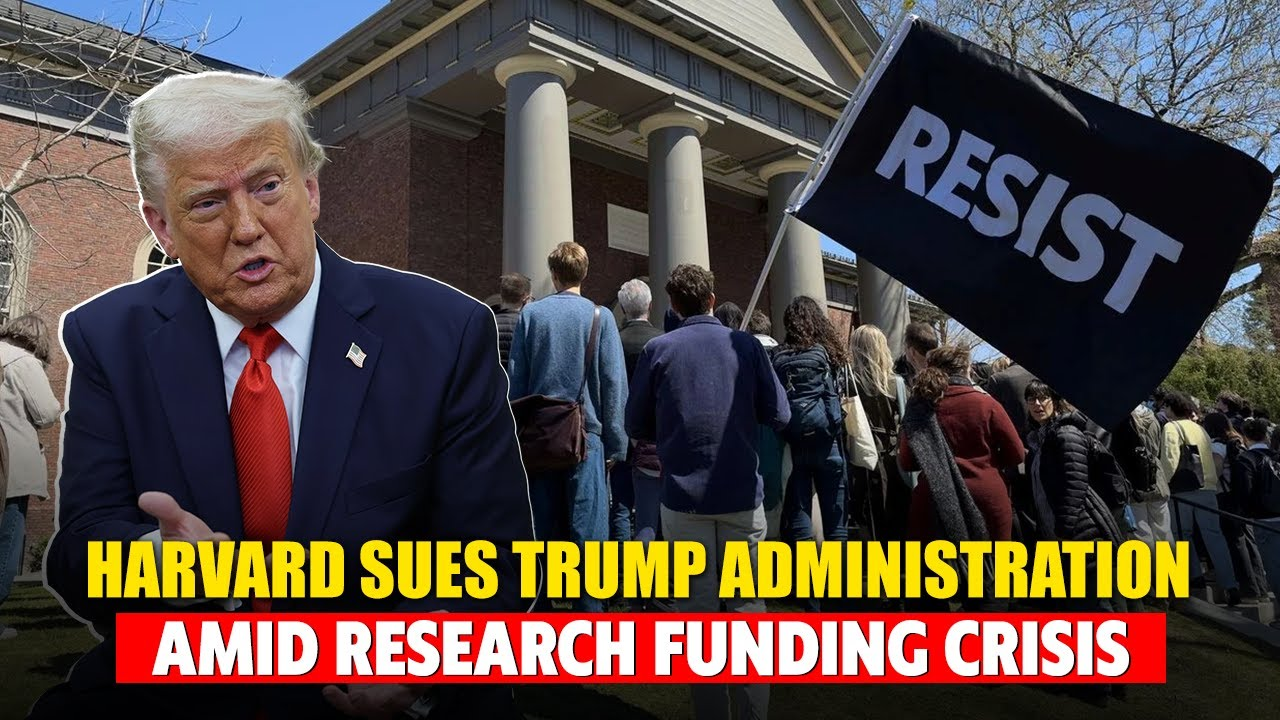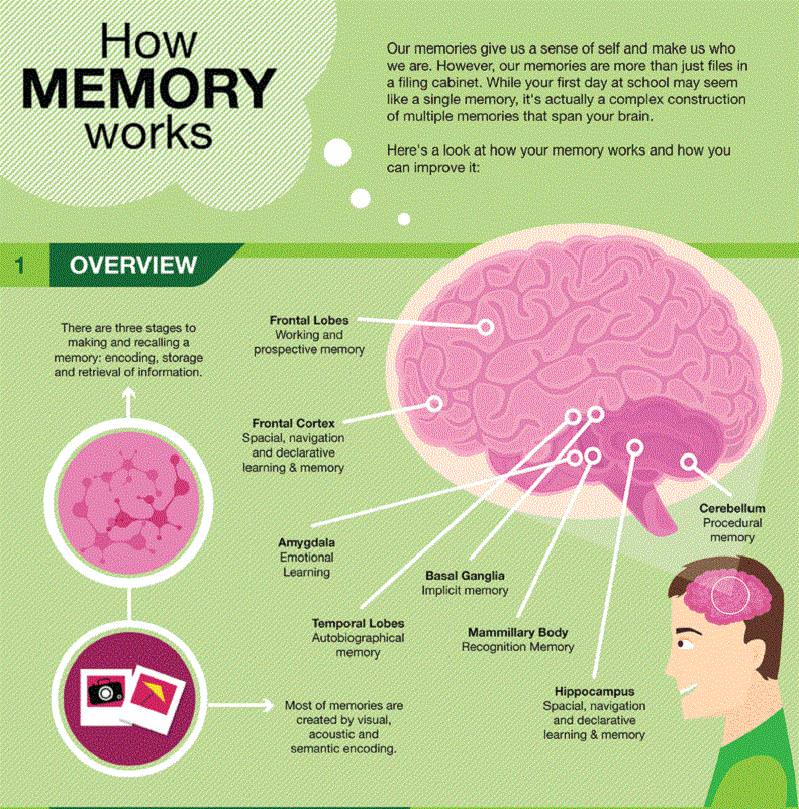The Harvard research funding crisis has sent shockwaves through the academic community, stirring concerns over the future of innovative scientific endeavors. Amid a contentious political climate and a financial freeze, Harvard University faces the daunting challenge of navigating a complex dilemma that threatens its extensive research programs. Researchers, including those at the Wyss Institute for Biologically Inspired Engineering, are grappling with the fallout from the Trump administration’s actions, which resulted in a drastic $2.2 billion reduction in federal support. This unprecedented dilemma not only impacts vital scientific innovations but also jeopardizes the careers of brilliant minds dedicated to advancing fields like biologically inspired engineering. As the University fights back with a lawsuit against the federal government, the looming crisis raises critical questions about the sustainability of research funding and the future of innovation in science.
In recent months, a significant funding crisis has enveloped Harvard University, impacting its extensive research efforts and placing many promising projects at risk. Amidst shifting political landscapes, the halting of federal financial support has cast uncertainty over the landscape of scientific inquiry, including potentially groundbreaking studies in biologically inspired engineering. The implications of this funding freeze resonate far beyond the academic sphere; they threaten the core of America’s long-standing commitment to fostering innovation in science through government and academic collaboration. As researchers scramble to safeguard their work, the ramifications of these unprecedented funding cuts reveal profound challenges that could alter the trajectory of research excellence at one of the world’s leading universities. The unfolding scenario highlights the critical intersection of policy, funding, and the future of cutting-edge research.
The Impact of the Harvard Research Funding Crisis
The recent halt in research projects at Harvard University due to the Trump administration’s freeze on $2.2 billion in funding has created a turbulent environment for both faculty and students. The irony of this situation is not lost on many, as institutions like Harvard have been at the forefront of innovation in science and technology for decades. The abrupt stop-work order not only jeopardizes significant funding allocated to groundbreaking research, including Don Ingber’s organ-on-a-chip projects, but also threatens the continuity of scientific advancement that is vital to the United States’ competitive edge in global innovation.
As researchers scramble to manage the fallout from this funding crisis, the long-term implications could reshape the landscape of research at Harvard. The loss of funding can lead to a talent drain, as scientists and researchers fear job insecurity. This instability is compounded by a broader loss of collaboration with the federal government, which has traditionally supported initiatives that drive progress in biologically inspired engineering and other critical fields. Ingber’s urgent efforts to retain his team through internal funding and project reallocations reflect a common phenomenon across academia: the strain of maintaining innovation amidst financial uncertainty.
Navigating the Challenges of Research Funding
The ongoing crisis has forced many researchers at Harvard to reassess their career trajectories and the feasibility of their projects. Faced with immediate stop-work orders, scientists like Don Ingber are prioritizing personnel while trying to maintain some level of project continuity. This involves relocating researchers to other grants, but such measures won’t fully mitigate the anxiety and uncertainty surrounding funding sources. As the complication of securing research grants rises, the future of federally funded academic initiatives comes under scrutiny, leading many to question the sustainability of significant breakthroughs in various fields.
Additionally, the chilling effect of this funding freeze extends beyond Harvard. The implications for innovation in science resonate throughout the entire academic community, as the Trump administration’s restrictive policies may deter future investments in research and development. The current environment poses challenges for emerging scientists who aspire to contribute to areas such as biologically inspired engineering and AI technologies. As these skilled individuals reconsider their options, there’s a risk that the U.S. may fall behind in the next wave of scientific advancement, undermining the very foundation of its innovation ecosystem.
The Role of Government and Academia in Innovation
The partnership between government and academia has long been a cornerstone of the United States’ success in fostering innovation in science. This collaboration has fueled technological developments that shape everyday life, from medical advancements to space exploration. However, the recent actions taken by the Trump administration threaten to unravel this historic relationship. The lawsuit filed by Harvard to counter the imposed demands and funding cuts highlights a critical inflection point in the governance of research funding, marking a potential shift away from collaborative efforts that have benefitted society as a whole.
Moreover, the implications of government intervention on funding decisions resonate loudly within the walls of prestigious institutions like Harvard University. The future of groundbreaking projects like those of Ingber, which investigate vital aspects of human health and space travel, hinges on the restoration of funding and the reclamation of institutional autonomy in scientific inquiries. Should the current climate of uncertainty continue, it risks not only stifling innovation in critical fields but also undermining the very principles that have led to America’s dominance in science and technology for several decades.
The Consequences of Stopping Scientific Progress
Halting critical research projects can have wide-ranging consequences that extend into public health, technological development, and international standing. For instance, the organ-on-a-chip technology used by researchers at Harvard has the potential to provide invaluable insights into radiation damage — knowledge that could be critical in times of disaster. The abrupt freeze imposed by the federal government has resulted in a scramble to protect ongoing experiments and qualified personnel, as researchers race against time to secure the future of their work. With the stakes so high, the disruption sparks concern about what happens to the immense investments made in science.
The repercussions of ceasing such vital research extend beyond immediate project impacts; they can have a long-lasting effect on the pipeline of knowledge and innovation vital to national interests. Other countries continue to invest heavily in science and technology, making it essential for the U.S. to reinforce its commitment to academic research. Ignoring the implications of stalled projects represents a missed opportunity to ensure that American researchers are well-positioned to lead in future advancements across biologically inspired engineering and other innovative fields, thereby maintaining the country’s competitive edge.
Recruiting and Retaining Top Research Talent
Recruiting and retaining the best minds in academia is becoming increasingly challenging as the implications of a research funding crisis unfold. The fears expressed by foreign researchers contemplating positions at prestigious institutions like Harvard reflect a broader trend—concerns about job security and the climate for scientific inquiry in the U.S. have led some highly qualified candidates to reconsider their options. As competition for top talent intensifies globally, universities must strive to maintain an inviting environment for researchers and their families, which has been undermined by recent events.
Moreover, the potential loss of highly skilled scientists due to a chilling work environment threatens long-term innovation. As highlighted by Ingber’s case, individuals with experience and knowledge are already considering opportunities elsewhere, including Europe, where they may feel safer and more assured of stable funding. If these trends persist, American academic institutions risk losing their status as beacons for the best and brightest in science, thereby diminishing the country’s capacity to innovate and address pressing global challenges.
Civil Response to Research Funding Cuts
In light of the considerable cuts to research funding, the civil response seems divided. While some advocate for a more stringent approach to federal budgets and resource allocation, others strongly believe that continued support for scientific research is crucial for the nation’s future. The public outcry from activists, academics, and even the industries that benefit from research highlights the collective sense of urgency in preserving the innovation ecosystem that has historically set the U.S. apart from other countries. The need for mobilization is more pressing than ever to ensure that research endeavors are not abandoned in political battles.
As community voices gain momentum, there exists an opportunity for re-engaging the public in discussions about the value of research. Educating citizens on how federal funding enhances daily life—from medical breakthroughs to technological advances—could rekindle broader support for academic research. Collaborative advocacy efforts could ultimately lead to legislative changes that restore funding channels, ensuring that the scientific community remains vibrant and capable of addressing society’s most pressing issues.
The Future of Innovation Amidst Funding Uncertainty
The uncertainty surrounding federal funding presents a critical challenge for the future of innovation in the United States. As Harvard University grapples with the effects of the stop-work order and pending lawsuits, the potential consequences for groundbreaking research are vast. The landscape of innovation in science is evolving, and the ability of researchers to facilitate substantial advancements in technology and health hinges on timely resolution and restoration of funding. The ongoing crisis may force institutions to rethink their funding models or operational frameworks in anticipation of what may be an ever-changing landscape.
In the face of adversity, however, there remains a glimmer of hope as researchers adapt to the crisis and pivot towards alternative funding avenues. This includes seeking partnerships with private sector entities or even launching initiatives that bring together various stakeholders to foster a more collaborative innovation ecosystem. As the community navigates these turbulent times, their resilience will be tested, but it may also pave the way for redefining how research is supported and conducted going forward—potentially leading to a reinvigorated focus on the importance of federal funding in sustaining America’s leadership in global scientific innovation.
Balancing Political Interests and Scientific Integrity
The intersection of politics and scientific research has come to the forefront amid the current funding crisis at Harvard University. Academic institutions have historically maintained a delicate balance between academic freedom and political influence, but the latest developments signal an imperiled equilibrium. The Trump administration’s demands have been labeled as overreach, reigniting discussions about the autonomy of scientific inquiry and the role of government mandates. This era calls for a re-evaluation of the standards ensuring that research remains free from undue political interference, highlighting the importance of preserving scientific integrity in all academic endeavors.
Preserving this balance is essential for fostering an environment where innovation can thrive free of fear or reprisal. Researchers must be empowered to pursue groundbreaking scientific inquiries without overwhelming interference from government agendas. As the landscape evolves, it is imperative that educational institutions advocate for clear delineation between governance and academic autonomy to avert further complications that could stifle scientific advancement. Doing so will create conditions conducive to innovation and maximal societal benefit, underscoring why the relationship between science and government must be reexamined and renegotiated for the future.
Innovative Solutions to Current Research Challenges
In the midst of the Harvard research funding crisis, creative solutions are paramount to mitigate the disruption caused by the stop-work orders. As program directors like Don Ingber work diligently to protect their labs and funding streams, innovative measures are emerging to sustain essential projects. This involves mobilizing existing resources more effectively, collaborating across departments, and seeking alternative funding models that may include foundations, private sponsorship, and crowd funding methods. Engaging the broader community can also enhance the potential for collaborative research efforts.
Additionally, nurturing partnerships between academia and industry can lead to more sustainable funding avenues as researchers seek to align their work with commercial interests. This dual engagement can pave the way for inventive breakthroughs that not only meet academic goals but also foster societal benefits, such as advancements tailored to meet contemporary challenges in health and environmental sustainability. Thus, the present crisis may serve as a catalyst for rethinking and redefining innovation in science through adaptive collaborations and innovative funding mechanisms.
Frequently Asked Questions
What is the Harvard research funding crisis related to the Trump administration?
The Harvard research funding crisis refers to a significant reduction in research funding to Harvard University due to actions taken during the Trump administration. This crisis was initiated when the government froze about $2.2 billion in research funding after Harvard rejected demands related to governance and audits. The halt in funding impacted major research projects at Harvard, especially in fields like biologically inspired engineering.
How did the Trump administration’s policies affect Harvard University’s research funding?
The Trump administration implemented policies that included drastic measures such as freezing research funding, which had significant implications for Harvard University. This led to the suspension of critical projects at the Wyss Institute for Biologically Inspired Engineering, where researchers were left scrambling to maintain their work amidst uncertainty and potential layoffs.
What challenges do researchers face during the Harvard research funding crisis?
During the Harvard research funding crisis, researchers face challenges such as halted projects, funding loss, and job insecurity. Many, like Don Ingber, are forced to make difficult decisions regarding personnel and project management, all while trying to protect their teams and secure alternative funding sources amid the turmoil instigated by the Trump administration.
What is the significance of organ-on-a-chip technology in Harvard’s research funding environment?
Organ-on-a-chip technology is vital in Harvard’s research because it enables investigations into critical health effects, such as radiation damage—especially under the auspices of the Wyss Institute for Biologically Inspired Engineering. This research is essential in understanding human organ responses to therapies and conditions that will be increasingly relevant in the context of energy production and space travel.
What are the implications of the Harvard research funding crisis on innovation in science?
The implications of the Harvard research funding crisis on innovation in science are profound. The stalling of funding disrupts critical research collaborations and technological advancements that have traditionally driven American innovation. The uncertainty surrounding funding sources, particularly due to political tensions, threatens to dismantle the collaborative framework between government and academia that has fueled scientific progress for decades.
How is Harvard University addressing the research funding crisis?
Harvard University is addressing the research funding crisis by legally challenging the government’s demands that led to the funding freeze. The administration is actively seeking to restore funds while prioritizing personnel retention and exploring internal funding options to support ongoing research initiatives, particularly those critical to public health and scientific advancement.
What does the future hold for Harvard’s research programs amidst the funding crisis?
The future of Harvard’s research programs amid the funding crisis remains uncertain, largely dependent on the outcome of the legal challenges against the government and the restoration of funding. Continued collaboration between researchers and universities is essential to navigate this tumultuous period and uphold the spirit of innovation that has characterized American science.
| Key Points |
|---|
| The recent stop-work order by the Trump administration froze $2.2 billion in research funding at Harvard, impacting numerous projects. |
| Don Ingber, director of the Wyss Institute, emphasized the urgent need to protect researchers and projects despite the temporary funding halt. |
| Ingber’s main project studies radiation damage to human organs using organ-on-a-chip technology, essential for nuclear power safety and cancer treatment. |
| The second project investigates microgravity effects on astronauts, crucial for future space missions and astronaut health. |
| Current instability in American research is causing significant concern, especially among foreign scientists considering positions in the U.S. |
| The loss of funding and support is seen as a threat to America’s longstanding innovation system and competitiveness in science. |
Summary
The Harvard research funding crisis has brought significant concern among researchers and institutions, highlighting the fragility of the American innovation ecosystem. With over $2 billion in research funds frozen and critical projects halted, figures like Don Ingber are trying to safeguard talent and maintain momentum in groundbreaking research. The implications of this funding loss are broad, affecting not only health and safety in nuclear energy but also the future of space exploration. The turmoil has created an atmosphere of anxiety among scholars, making it difficult for the U.S. to attract top talent. Moving forward, it’s essential to address these challenges to restore confidence in America’s research capabilities and ensure sustained scientific progress.





